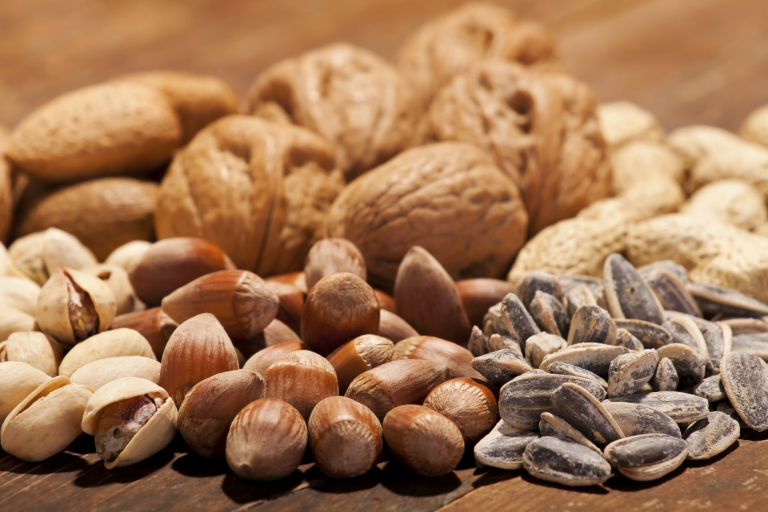
A new large-scale Swedish study has found that regularly eating nuts could help lower the risk of developing atrial fibrillation, a heart rhythm irregularity also known as heart flutter.
Carried out by researchers from the Karolinska Institutet and Uppsala University, the study looked at 61 364 Swedish adults age 45 to 83 who had completed the Food Frequency Questionnaire, answering questions on their diet, lifestyle, and other risk factors for chronic diseases.
The researchers then followed the participants for 17 years or until death, whichever came first, tracking their cardiovascular health.
After taking into account age and gender of participants, the team found that nut consumption was associated with a lower risk of heart attack, heart failure, atrial fibrillation and abdominal aortic aneurysm, which is a bulge or swelling in the aorta, a major artery.
However, once lifestyle, general diet, diabetes, and family history had been accounted for, only associations between nut consumption and atrial fibrillation and heart failure remained.
This time the team found that the more regularly nuts were included in the diet, the lower the risk of atrial fibrillation. Eating a serving of nuts one to three times a month was associated with a 3 percent decrease in risk, eating nuts once or twice a week was associated with a 12 percent decrease, and eating nuts three or more times a week results in an 18 percent decrease.
The findings for a link between nut consumption and heart failure were less consistent, but it appeared that moderate, but not high, weekly nut consumption was associated with a 20 percent lower risk.
Eating nuts regularly was not associated with a lower risk of the narrowing of the valve serving the heart’s largest artery, the aorta, or with the risk of stroke.
The team noted that as this is an observational study, they are unable to establish causation. They also emphasized that those who ate nuts also had fewer cardiovascular risk factors, with these participants less likely to smoke or have high blood pressure, and more likely to be leaner, more physically active, and eat more fruit and vegetables, which may have affected the findings.
However, the study did have some strengths, including its large size and the large number of cardiovascular disease cases reported during the follow-up period.
The researchers pointed out that nuts are high in healthy fats, minerals and antioxidants, which may boost cardiovascular health. “Nut consumption or factors associated with this nutritional behaviour may play a role in reducing the risk of atrial fibrillation and possibly heart failure,” they added. “Since only a small proportion of this population had moderate (about 5 percent) or high (less than 2 percent) nut consumption, even a small increase in nut consumption may have large potential to lead to a reduction in incidence of atrial fibrillation and heart failure in this population.”
The results can be found published online in the journal Heart. JB
RELATED STORIES:













































